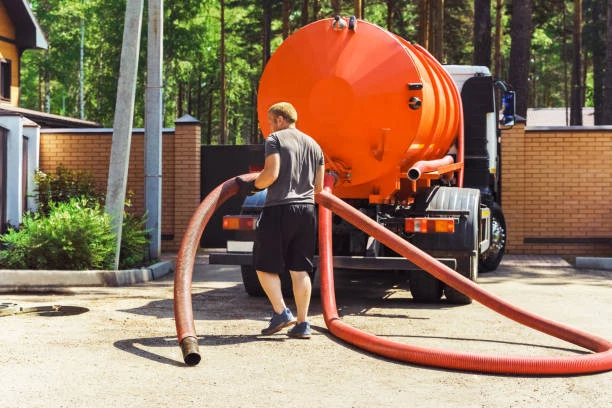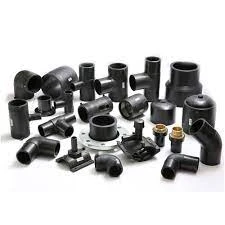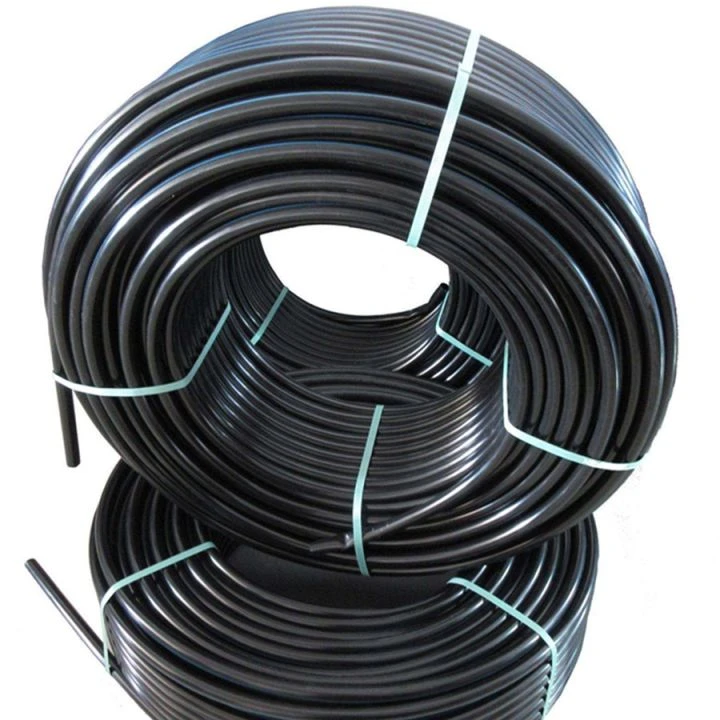Introduction
Wellington, the capital city of New Zealand, is known for its stunning landscapes, vibrant culture, and robust infrastructure. However, beneath the surface lies a critical issue that could affect the city’s water supply: the Water Pipe under State Highway 2 (SH2). This article will delve into the risks associated with the Wellington water pipe, the implications of potential failures, and the steps that can be taken to mitigate these risks. Understanding the importance of water pipes and their maintenance is crucial for residents and local authorities alike.
Understanding Water Pipe
What Are Water Pipe?
Water pipes are essential components of urban infrastructure, responsible for transporting treated water from treatment plants to homes and businesses. They are made from various materials, including:
- PVC (Polyvinyl Chloride): Lightweight and resistant to corrosion, commonly used in residential plumbing.
- Ductile Iron: Known for its strength and durability, often used in municipal water supply lines.
- Copper: Valued for its reliability and resistance to bacteria, frequently used in plumbing systems.
- Asbestos Cement: Previously used for its durability but often replaced due to health concerns related to asbestos exposure.
The Role of Water Pipes in Urban Infrastructure
Water pipes are vital for public health and safety, providing access to clean drinking water, sanitation, and fire protection. A failure in the water pipe system can lead to serious health risks and disruptions in daily life.
The Water Pipe Situation Under SH2
Overview of SH2
State Highway 2 is a major transport route in New Zealand, connecting various regions and facilitating the movement of goods and people. It plays a critical role in the economy and daily life of Wellington residents. However, the water pipe located beneath this busy highway is at risk, raising concerns among local authorities and residents.
Identifying the Risks
The water pipe under SH2 faces several risks that could lead to potential failures:

- Aging Infrastructure: Many water pipes in Wellington, including the one under SH2, are aging and may be more susceptible to breaks and leaks. Regular maintenance and upgrades are essential to prevent failures.
- Environmental Factors: Wellington is prone to natural events such as earthquakes and heavy rainfall. These environmental factors can destabilize the ground and put additional stress on the water pipe.
- Increased Traffic Load: The heavy traffic that SH2 experiences daily can exert pressure on the infrastructure above, potentially leading to pipe damage over time.
- Corrosion: Metal pipes, in particular, are susceptible to corrosion, which can weaken their structural integrity and lead to leaks.
- Poor Installation: If the water pipe was not installed correctly, it may be more vulnerable to damage from external forces or environmental changes.
Implications of Water Pipe Failure
1. Disruption of Water Supply
A failure of the water pipe under SH2 could lead to significant disruptions in water supply for residents and businesses in the surrounding areas. This could affect daily activities such as cooking, cleaning, and sanitation.
2. Health Risks
Water pipe failures can pose serious health risks. Contaminated water may enter the system during a break, leading to potential exposure to harmful bacteria and pathogens. Residents may be advised to boil water before consumption until the water quality is confirmed safe.
3. Infrastructure Damage
A ruptured water pipe can cause damage to the road surface and surrounding infrastructure. Flooding from a broken pipe can erode soil and undermine the stability of the highway, leading to costly repairs and potential hazards for motorists.
4. Economic Impact
Businesses that rely on a steady water supply may suffer financial losses during water outages. Additionally, the costs associated with repairs and infrastructure upgrades can strain municipal budgets and divert funds from other essential services.
5. Environmental Consequences
Water pipe failures can have environmental consequences as well. Excess water from a break can lead to erosion, sediment runoff, and potential contamination of local waterways.
Mitigating Water Pipe the Risks
1. Regular Inspections and Maintenance
To prevent potential failures, local authorities must prioritize regular inspections and maintenance of the water pipe under SH2. This includes:
- Routine Assessments: Conducting regular assessments of the pipe’s condition to identify any signs of wear, corrosion, or damage.
- Upgrading Infrastructure: Investing in modern materials and technologies can enhance the durability and reliability of water pipes, reducing the risk of breaks.
2. Community Water Pipe Awareness and Engagement
Educating the community about the importance of water infrastructure can foster support for maintenance initiatives and funding. Residents should be encouraged to advocate for necessary upgrades and repairs.
3. Emergency Water Pipe Preparedness Plans
Local authorities should develop and communicate emergency preparedness plans to address potential water pipe failures. This includes:
- Response Protocols: Establishing clear protocols for responding to water pipe breaks, including communication strategies to inform residents.
- Water Distribution Plans: Creating plans for distributing clean water to affected residents in the event of a water supply disruption.
4. Collaboration with Transportation Authorities
Collaboration between water utility companies and transportation authorities is essential to ensure that the water pipes under SH2 is adequately maintained. This includes:
- Coordinating Roadwork: Ensuring that any roadwork or construction projects on SH2 take into account the condition of the water pipes.
- Joint Inspections: Conducting joint inspections to assess the impact of traffic loads on the water pipe and identify necessary repairs.
Conclusion
The water pipes under SH2 in Wellington is at risk, and addressing this issue is crucial for the health and safety of residents. By understanding the potential risks associated with water pipes failures and the implications they may have, local authorities and the community can work together to mitigate these risks. Regular inspections, community engagement, and emergency preparedness plans are essential steps in ensuring the reliability of Wellington’s water infrastructure.
Frequently Asked Questions (FAQs)
1. What are the main risks associated with the water pipe under SH2?
The main risks include aging infrastructure, environmental factors, increased traffic load, corrosion, and potential poor installation.
2. What should I do if I notice a water leak near SH2?
If you notice a water leak, report it to your local water utility or municipal authority immediately, providing details about the location and severity of the issue.
3. How can I prepare for potential water outages?
Keep an emergency supply of water for drinking and sanitation. Stay informed about your local water infrastructure and any potential issues in your area.
4. What are the health risks of a water pipes failure?
Water pipes failures can lead to contamination of the water supply, posing health risks such as exposure to harmful bacteria and pathogens.
5. How can local authorities prevent water pipe failures?
Local authorities can prevent water pipes failures by conducting regular inspections, upgrading aging infrastructure, and engaging the community in discussions about water management and maintenance.


















